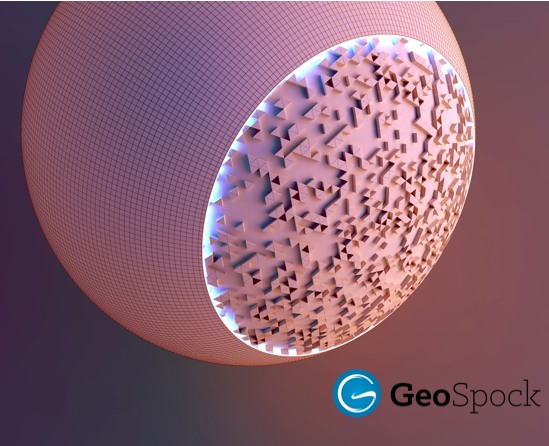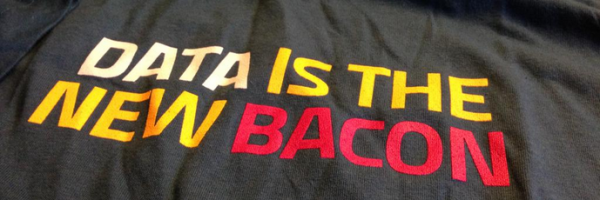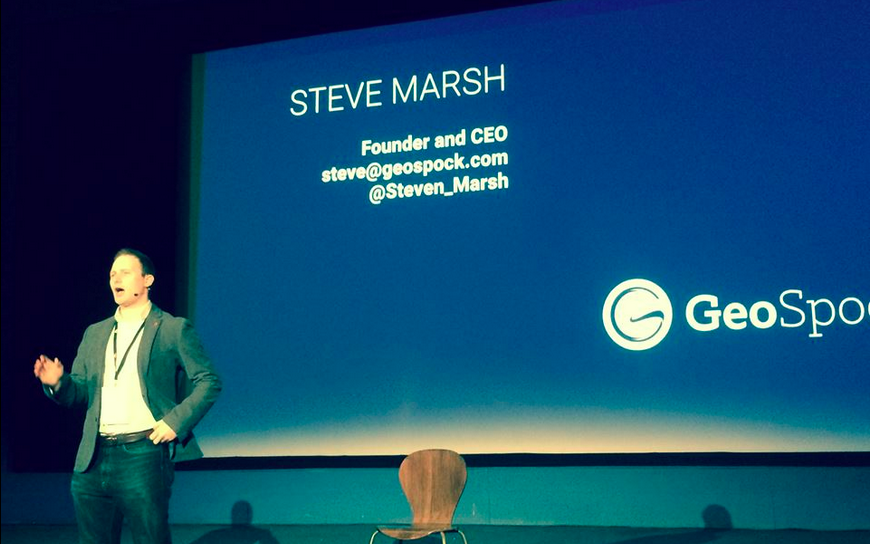The Techstars graduate company are rapidly disrupting the disruptive world of big data. GeoSpock’s CEO Steve Marsh shares their vision with us.
The collision between the digital and physical worlds is more complex than ever. Technology is advancing rapidly, which has created a craving for more insightful knowledge through data, but with that comes a problem: it’s time to move away from the ‘relational’ challenges clients face through SQL (Structured Query Language) databases such as Oracle. A new breed of big data management is upon us, in the form of NoSQL (Not Only Structured Query Language) databases. This form of next-generation database is what GeoSpock does best, paving the way for the big data insights of tomorrow and allowing for a new wave of real-time data interpretation that will transform your business.

Typically, when looking to utilise and understand vast amounts of dynamic data, you are faced with three standard challenges: scaling, throughput and responsiveness. As soon as you couple dynamic data and the need for real-time analysis, you can find yourself compromising long before meeting your project objectives.
This is a hard set of problems to solve because existing databases simply weren’t built to handle the vast, machine-generated, rapidly changing datasets of today. Instead, they were built to handle small amounts of infrequently changing, human generated data. Put simply, even if every Twitter user tweeted at the same time, a handful of machines or IoT devices would still be capable of generating more data – when you realise that there will soon be tens of billions of devices generating data constantly, the scale quickly grows beyond comprehension.
The data needs to go somewhere and this is a massive issue that needs a robust solution. At present, in order to keep systems healthy, most people have to throw away vast quantities of data and huge amounts of value with it. This is happening because of the reliance on legacy technology that wasn’t built with the demands of a modern interconnected data-driven world in mind.
This data explosion is a very recent phenomenon brought about from the advent of the smartphone and the early onset of the Internet of Things. Unfortunately this means that many database systems, including even some of the newer NoSQL solutions, hit the limits of what they can handle pretty quickly. A common issue revolves around the centralised locking and coordination of database writes, which forces the data stream down from a firehose to a trickle, creating bottlenecks which hamper opportunities for gaining insight.
For those able to overcome the data ingestion issue you run into the data extraction problem, which is: “If my data keeps getting bigger, how do I retrieve insights in a timely manner?” – big data is slow data unless it’s managed correctly. Given the global nature of business today, those who fail to be the first to respond to an opportunity lose. Companies are now seeing the need to interrogate live and historical data in real time in order to discover key trends, as well as what is happening at a given moment in order to take advantage of opportunities as they arrive, and allowing them to deliver the immediate, responsive user experience that customers now demand.
Inspired by my work in the field of extreme-scale neural computation, I set out to build a real-time database platform designed for the Internet of Things explosion that could handle the eruption of dynamic data and the instant insights that innovative data-driven businesses and their customers demand.
GeoSpock’s geospatial product can be used in a wide variety of markets due to consistently high levels of performance, even under extreme load. As a result, we were recently dubbed the ‘Google of Big Data’ and have been invited to become a technology partner and Resident Innovator at the newly launched Geovation Hub in London, a partnership set up between Ordnance Survey and the Urban Innovation Centre which will be a focal point of collaboration and inspiration for the UK geospatial industry.






